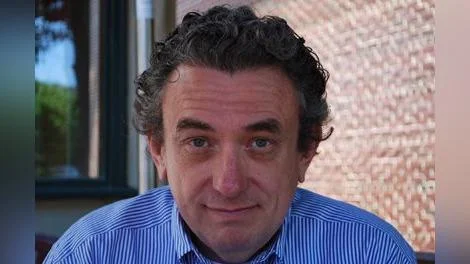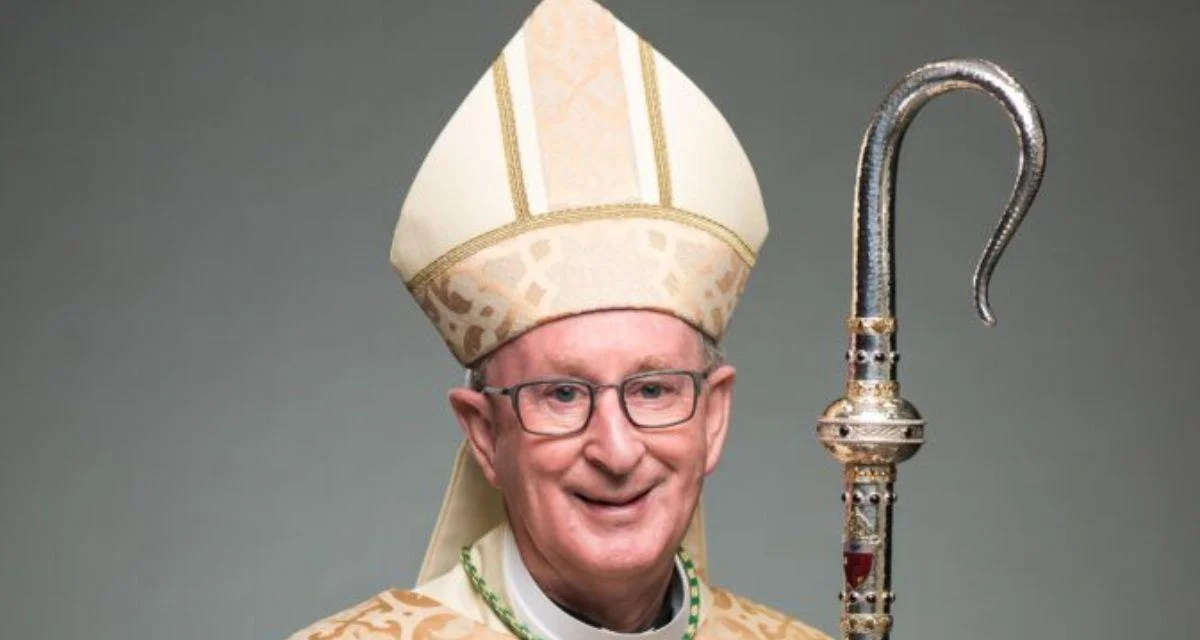
Austin Ruse President | The Center for Family and Human Rights
In anticipation of President Donald Trump's second inauguration, international abortion organizations are expressing concern over the expected reinstatement and possible expansion of the Mexico City Policy. This policy, originally introduced by President Ronald Reagan, restricts U.S. funding to foreign organizations that promote or provide abortions.
Rachel Clement from Population Action International (PAI) highlighted on a Columbia University webinar that if Trump extends the policy to encompass all foreign assistance, it could impact $51 billion in aid. During Trump's previous term, some organizations like Planned Parenthood and MSI Reproductive Choices opted out of U.S. funding rather than comply with the policy.
Sara Casey from Columbia University noted that pro-abortion groups became marginalized in countries where they operated. "Certifying [organizations] were reluctant or unwilling to participate in meetings with organizations that provided abortion," she explained. The policy led to "fractured collaborations" and disrupted referrals between certifying and non-certifying organizations.
Esther Kimani from Kenya's Zamara Foundation shared how non-compliant groups faced stigma and exclusion from community partnerships. She stated that the policy fostered an environment favorable to anti-abortion movements in East Africa.
Beth Schlachter of MSI linked the Mexico City Policy to broader pro-life initiatives under Trump, such as the Geneva Consensus Declaration. While acknowledging its promotion of women's health, she criticized its exclusion of abortion-related services. Schlachter reported that MSI's refusal to certify resulted in 8 million women going unserved and attributed 20,000 maternal deaths to this decision.
Nabeeha Hutchins, president of PAI, expressed a bleak outlook for international abortion group funding: “Our funding approach is not aligned with what the opposition is doing." She added that donors are leaving for other sectors.


 Alerts Sign-up
Alerts Sign-up